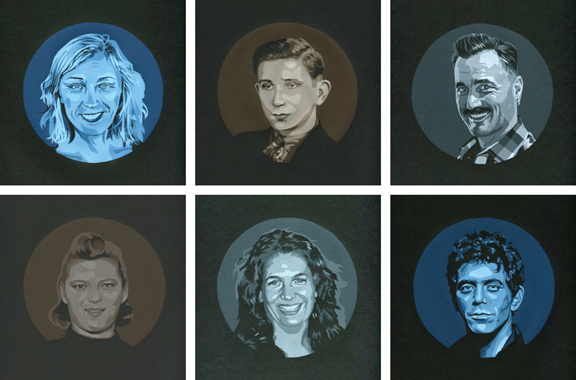By Rabbi Kuhn
Last Sunday, Cantor Frankel and I were honored to co-officiate at the wedding of our dear friends Michael Carr and Henry Seigel. Now, I have been to a lot of weddings in my day, but I’ve gotta tell you, this one was off the charts in terms of being exciting, thrilling, emotional and special.
This was the first same-gender wedding Cantor Frankel and I have done since Pennsylvania made it “LEGAL.” Rabbi Freedman officiated at Rich & Rick’s wedding Saturday night and Rabbi Maderer officiated at Steve Mirman and Kenneth Galipeau’s wedding a couple of weeks ago, so we are trying to make up for lost time!
Standing under the chuppah with Michael & Henry was an experience that I will never forget. This was not like the usual couple we marry. Henry & Michael have been together 32 years! They have been living in a monogamous, committed, loving relationship for 32 years! So, why would they feel that they needed to sign a marriage license and have a Jewish ceremony anyway? What possible difference would that little piece of paper make?

